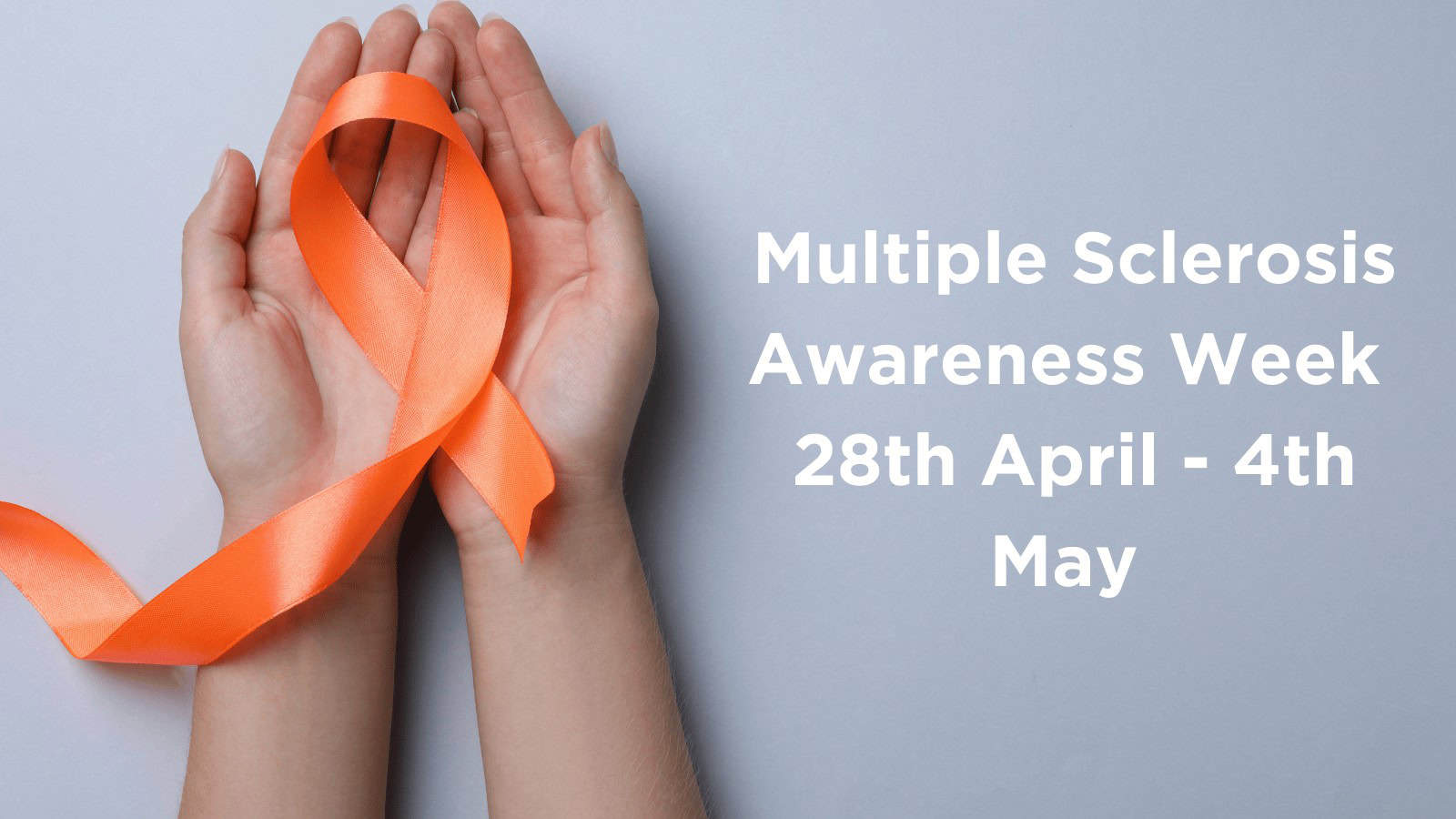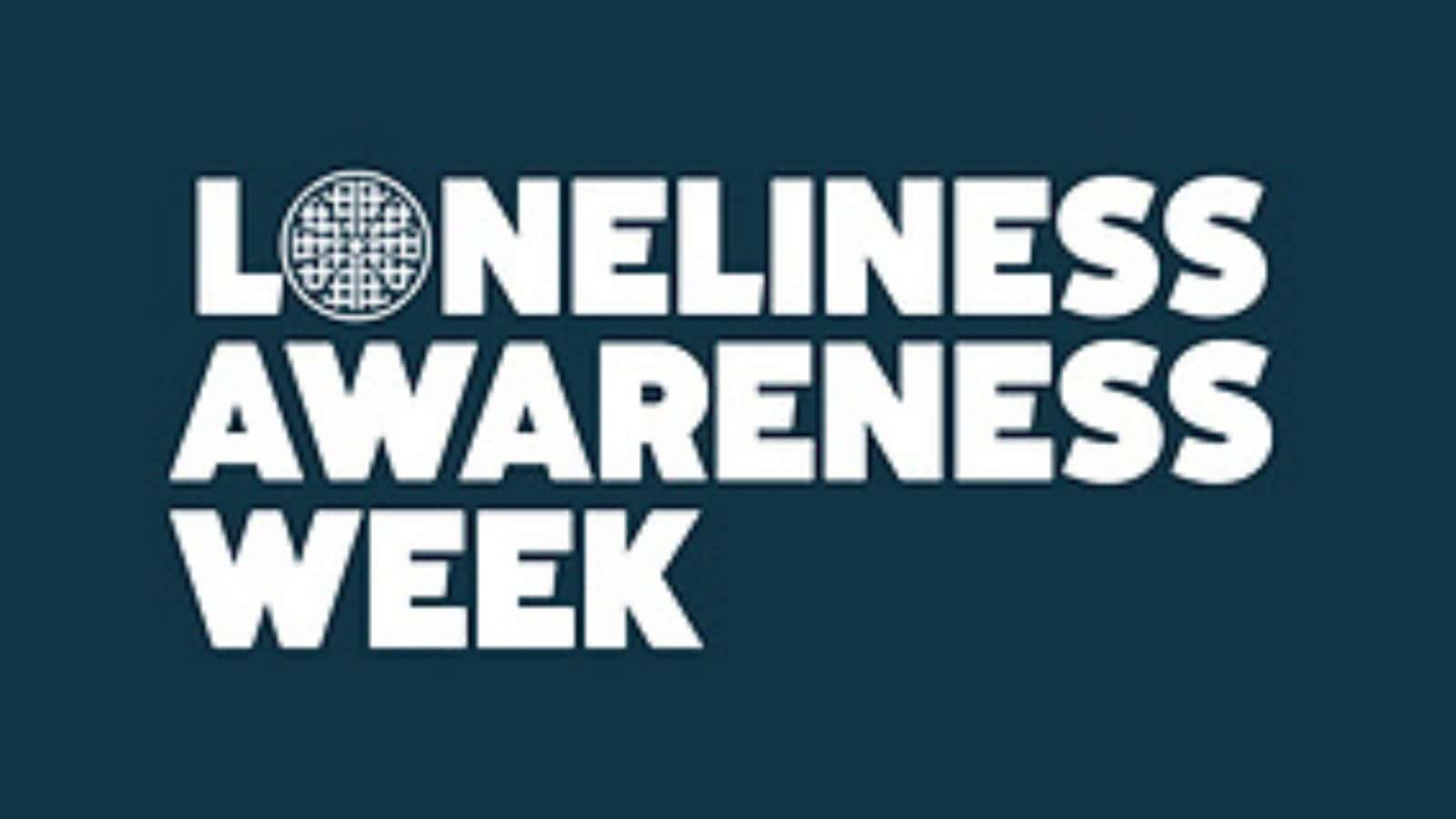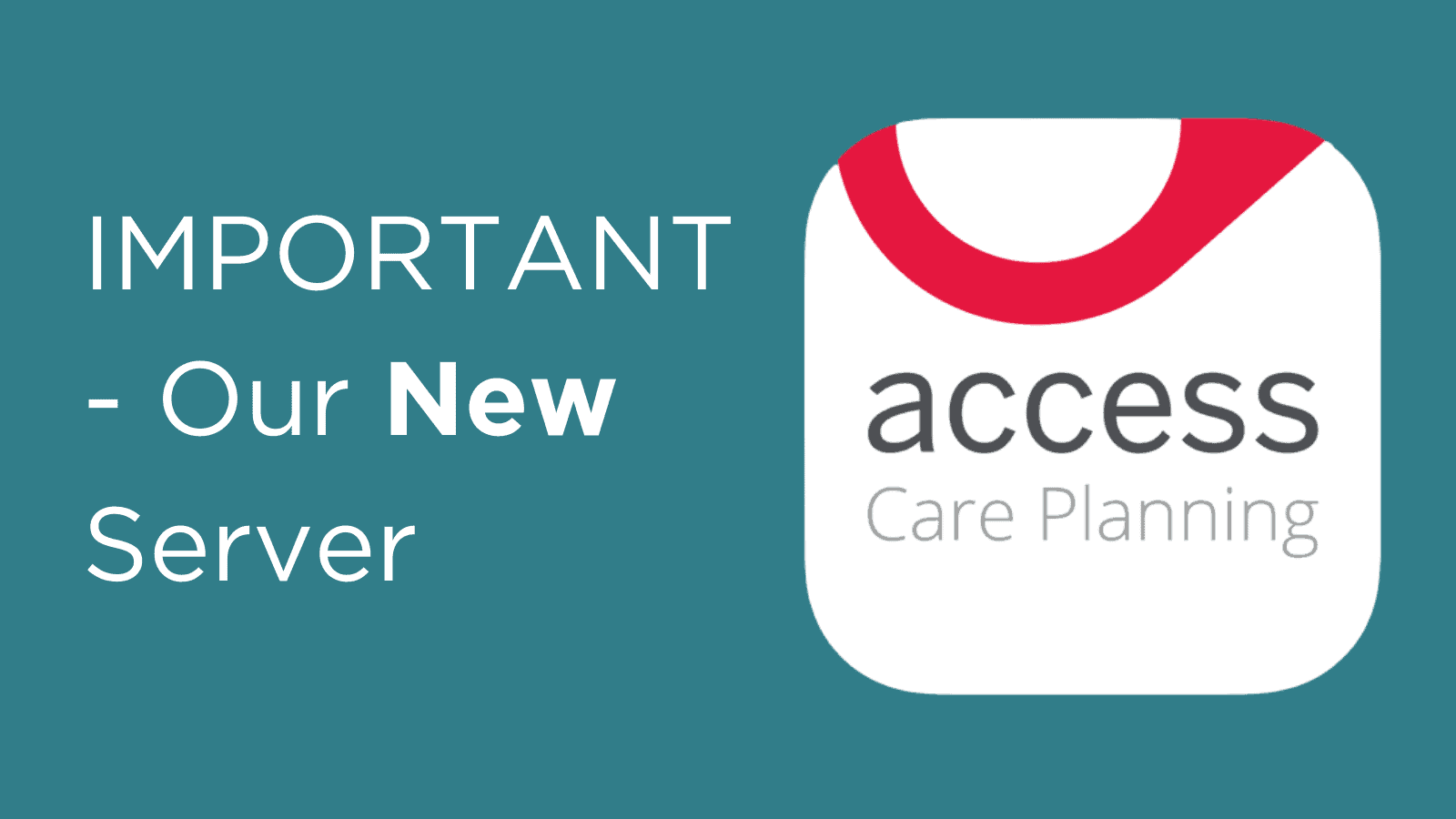What is Multiple Sclerosis?
Multiple Sclerosis (also known as MS) is an auto-immune condition that affects the brain and spinal cord – this affects the central nervous system. This condition makes it difficult for the brain to send signals to the rest of the body.
Symptoms of Multiple Sclerosis
There are many signs and symptoms of Multiple Sclerosis, such as;
- Visual changes (e.g: loss of vision).
- Numbness
- Tingling or weakness
- Paralysis
- Vertigo or dizziness
- Erectile dysfunction
- Pregnancy issues
- Urinary incontinence.
If you have any of these symptoms, it is important that you contact your GP at your earliest convenience. For more information about the signs and symptoms of Multiple Sclerosis, please visit the NHS website.
Types of Multiple Sclerosis
| Type | How symptoms may affect you |
| Relapsing remitting | – Flare-ups of symptoms where you may relapse, or symptoms may worsen. – Symptoms can go away and get better. – Over time, this condition may transition to secondary progressive MS. |
| Secondary progressive | – Your symptoms remain persistent. – Symptoms slowly worsen. – This type of MS can come after relapsing remitting MS. |
| Primary progressive | – Symptoms slowly worsen over time. – Do not have periods of remission (where symptoms get better or go away). – This is less common than other types of MS. |
What are the treatment options for Multiple Sclerosis?
There are a number of treatment options available for Multiple Sclerosis depending on the severity of your condition, such as medication and other treatment options.
Medicines for Multiple Sclerosis
- Steroids (used to reduce swelling and assist the nerves to work better).
- Disease-modifying therapies to reduce the number and severity of relapses.
- Muscle relaxant medicines (relieves muscle spasms, cramps and stiffness).
- Pain medication.
Other treatments and support
- Advice for managing symptoms such as fatigue
- Physiotherapy and exercises to help with mobility and muscle pain
- Mobility equipment and home adaptations
- Cognitive behavioural therapy
- Cognitive rehabilitation
For more information about further treatment options, please visit the NHS website.
What is Multiple Sclerosis Awareness Week?
What does Multiple Sclerosis Week involve?
Multiple Sclerosis Week is aimed to raise awareness for the auto-immune condition, providing further information about the signs and symptoms of MS, including potential treatment options, and signposting to relevant charities that can help those who are affected by the condition.
How can I get involved with the awareness week?
There are a few ways in which you can get involved with the awareness week, including:
- Search for further information and stories about MS, searching the hashtag #MSConversations on social media.
- Take part in a fundraiser of your choice, fundraising for an MS-related charity.
- Start the conversation about MS online or in person.
For more information about how you can get involved, please visit the MS Society website here.
When does Multiple Sclerosis Week take place?
This awareness week for the auto-immune condition takes place from the 28th April until the 4th May 2025.
Further information
Other conditions
To keep up to date with other awareness weeks, highlighting information about other conditions, please visit our ‘News’ page here.
Charity information
There are multiple charities available who fundraise for Multiple Sclerosis, funding future research into further treatment options, such as:
- Helpline: 0808 800 8000
- Helpline: 0800 032 3839
The above charities have a wide range of information about the auto-immune condition, as well as further information and contact details for support groups and local events. If you or someone you know is affected by MS, you can contact the charities on the helpline above.
Social Media
To keep up to date with what we get up to, please visit our socials by clicking the links below.








